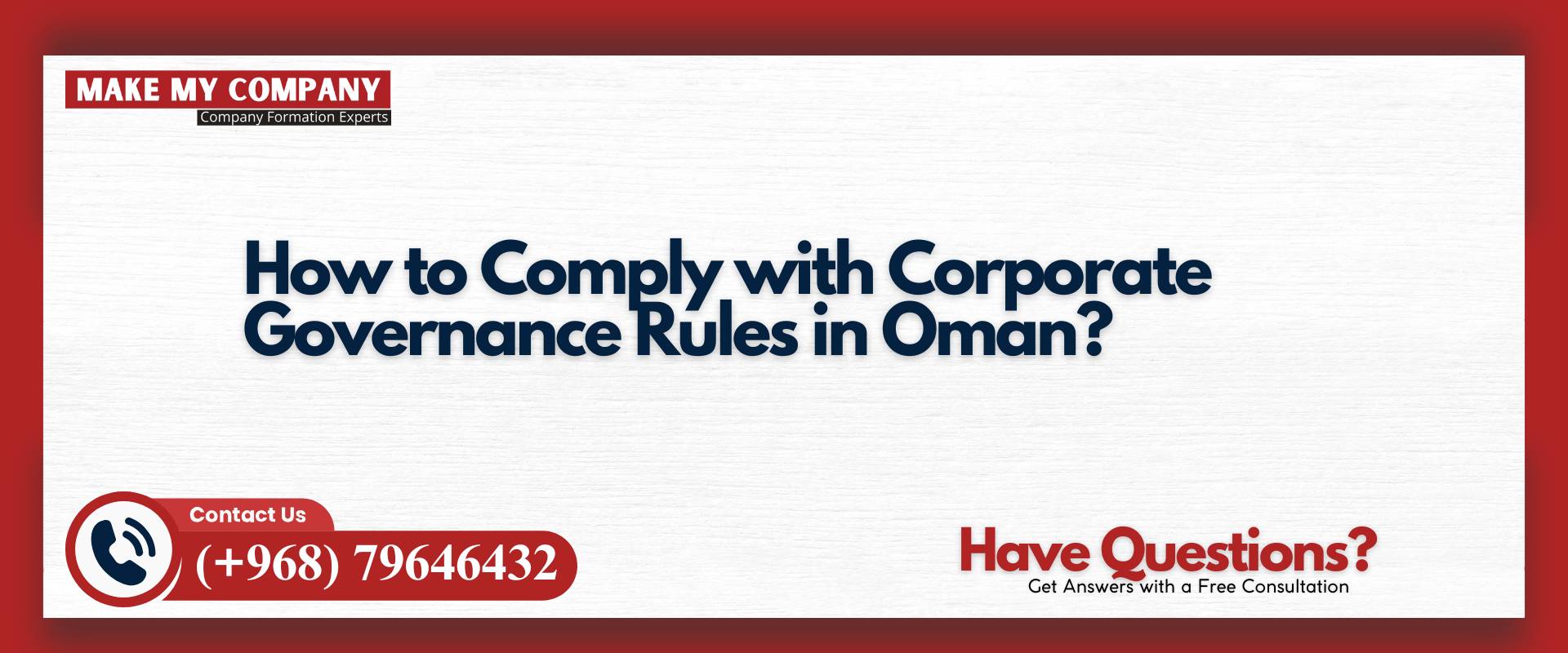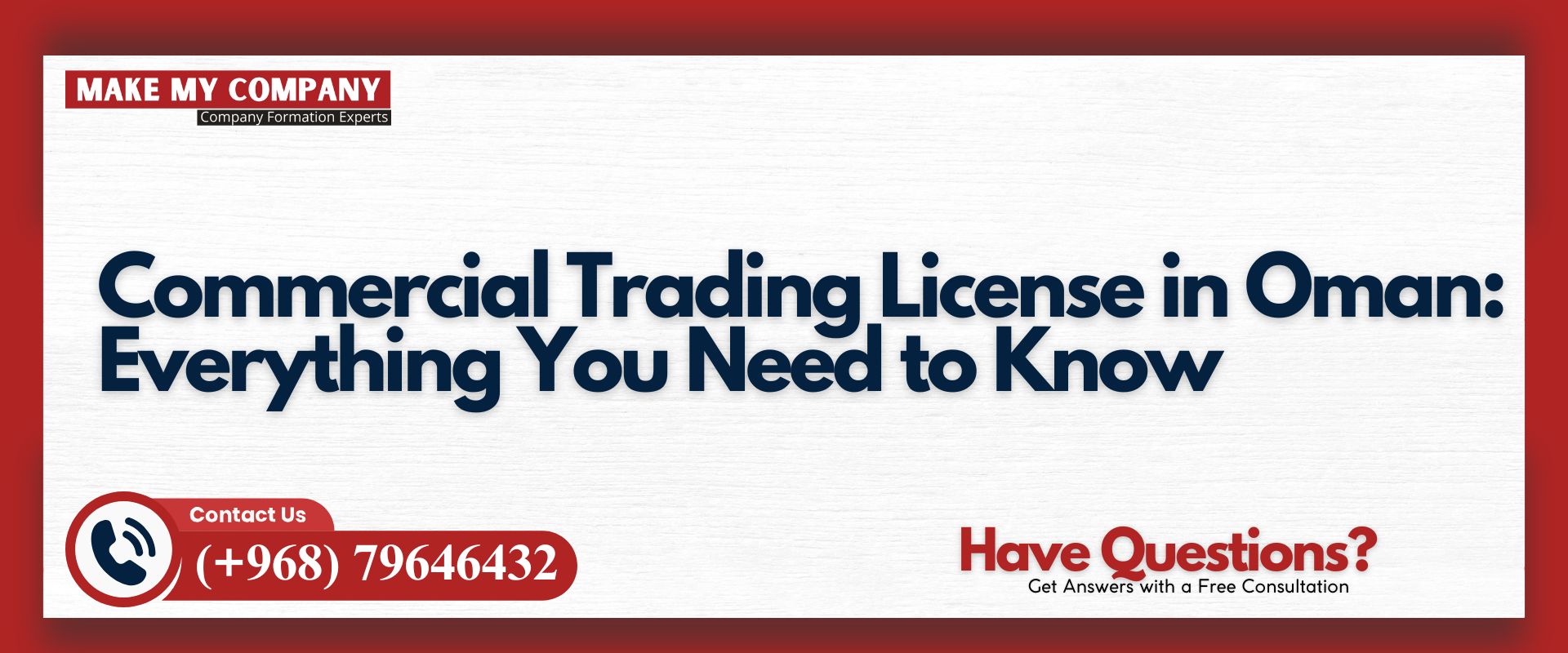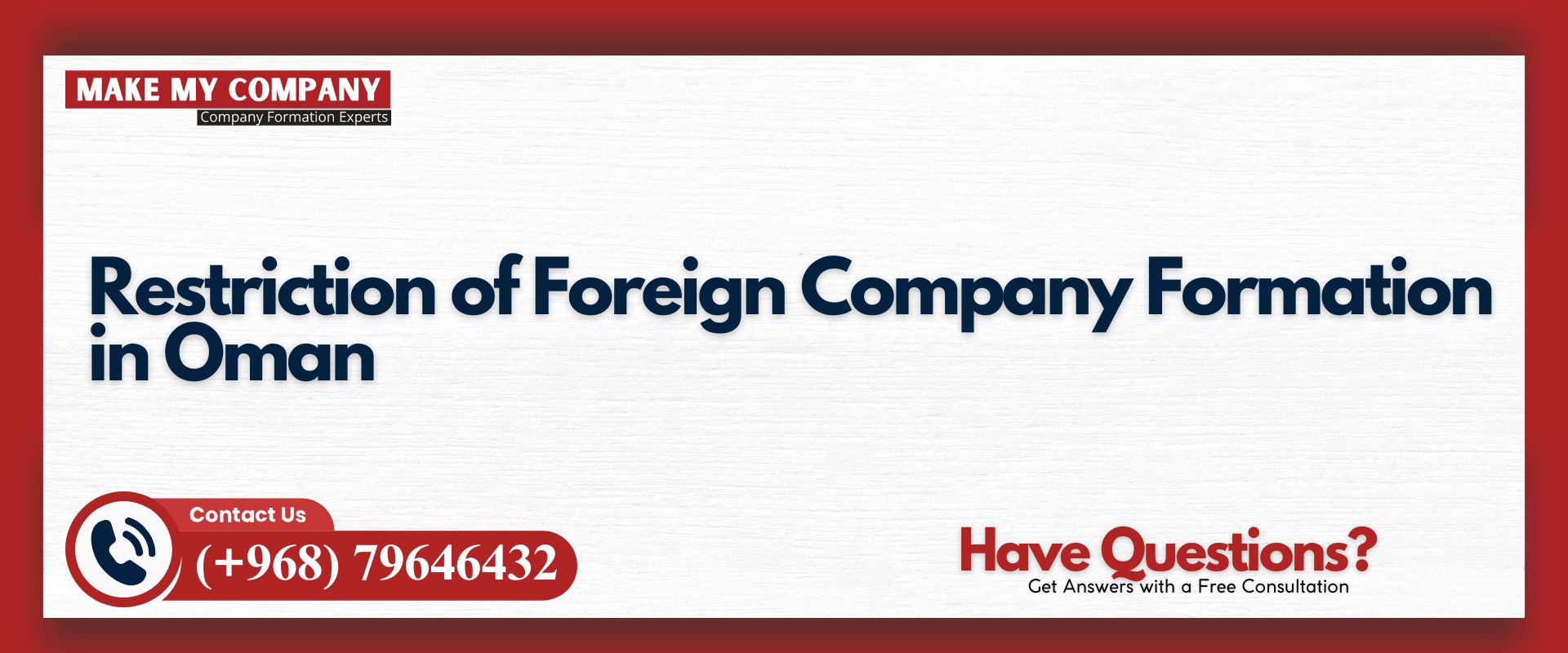Corporate governance has become a critical aspect of modern business practices worldwide. In Oman, complying with corporate governance rules is essential for businesses to ensure legal compliance, maintain investor trust, and promote sustainable growth. Whether you’re an established company or a new venture, understanding how to adhere to these rules is crucial for success in Oman’s regulatory environment.
In this article, we’ll explore the various aspects of corporate governance rules in Oman, their significance, how to comply with them, and the relationship with Oman’s business laws. By the end of this guide, you’ll have a clear understanding of how to navigate corporate governance requirements in Oman and how it can positively impact your business.
Understanding Corporate Governance Rules in Oman
Corporate governance refers to the systems, processes, and principles that guide the management and control of a company. In Oman, corporate governance rules are designed to ensure that businesses operate transparently, ethically, and responsibly. These rules aim to protect shareholders’ interests, prevent corporate fraud, and promote corporate accountability.
The Oman Capital Market Authority (CMA) is the regulatory body responsible for overseeing corporate governance practices in Oman. Their regulations are mandatory for public joint-stock companies (SAOGs) and recommended for private companies. The corporate governance rules in Oman cover a wide range of areas, from board structure to financial reporting.
Importance of Corporate Governance for Businesses in Oman
Complying with corporate governance rules in Oman is not just a legal requirement but a key factor in establishing a company’s credibility and trustworthiness. Proper corporate governance ensures:
- Transparency: Clear decision-making processes and accurate financial reporting create transparency within a company, which builds trust among shareholders, investors, and stakeholders.
- Accountability: Corporate governance ensures that the company’s management is accountable to the shareholders and stakeholders. It prevents the abuse of power and helps identify any potential conflicts of interest.
- Risk Management: Companies with strong corporate governance are better equipped to identify and mitigate business risks.
- Investor Confidence: Adhering to corporate governance rules in Oman enhances investor confidence and attracts investment, both locally and internationally.
Key Aspects of Corporate Governance Rules in Oman
Let’s delve deeper into the key aspects of corporate governance rules in Oman, which companies must consider to ensure compliance:
Board Composition and Structure
Oman’s corporate governance regulations require that companies maintain an effective board structure. The board of directors must have a mix of executive and non-executive directors, with a balance between independent and dependent members. This ensures unbiased decision-making and greater scrutiny of management activities.
Companies must also ensure that the chairman of the board is independent of the management team. This separation of roles helps avoid conflicts of interest and promotes better oversight.
Corporate Social Responsibility (CSR)
Companies in Oman are encouraged to have a strong corporate social responsibility (CSR) policy that aligns with their operations. These policies should focus on contributing positively to the community, environment, and society at large.
Oman has specific regulations guiding the implementation of CSR initiatives, which companies must consider as part of their corporate governance framework. Ensuring that your company meets these CSR requirements reflects its commitment to sustainable development and ethical business practices.
Financial Reporting and Disclosure
One of the key components of corporate governance rules in Oman is accurate and timely financial reporting. Public companies are required to disclose their financial statements in compliance with international financial reporting standards (IFRS) and local regulations.
These financial disclosures must be made available to shareholders and the public, ensuring that investors can make informed decisions based on the company’s financial health and performance. Transparency in financial reporting also helps prevent fraudulent activities and promotes trust in the company’s management.
Internal Controls and Auditing
The implementation of effective internal controls and regular auditing is another cornerstone of corporate governance rules in Oman. Companies must establish clear internal control systems to safeguard assets, ensure compliance with laws and regulations, and prevent errors or fraud in financial reporting.
Independent external audits by a licensed auditing firm are mandatory to provide an objective evaluation of the company’s financial status. These audits ensure that the company is complying with local business laws and regulations.
Shareholder Rights
Respecting shareholder rights is central to corporate governance rules in Oman. Companies must ensure that shareholders have the right to vote on major decisions, such as mergers, acquisitions, or changes in the company’s constitution.
Additionally, companies must have a mechanism for shareholders to raise concerns and voice their opinions. This could include establishing a shareholders’ meeting where they can ask questions and get clarifications on company operations.
How to Comply with Corporate Governance Rules in Oman
To effectively comply with corporate governance rules in Oman, businesses need to follow a structured approach. Here are some practical steps:
Establish a Governance Framework
A robust governance framework forms the foundation of your company’s compliance with corporate governance regulations. This includes defining the roles and responsibilities of the board of directors, senior management, and shareholders.
Ensure that the framework incorporates all necessary policies, procedures, and compliance mechanisms in line with Omani laws and international standards. Regularly review and update this framework to stay aligned with any changes in regulations.
Board Training and Development
Regular training for board members on corporate governance practices is crucial. The board should be well-versed in the principles of corporate governance and the legal obligations under Omani law.
Board members should also stay updated on any changes in corporate governance rules in Oman and adapt their practices accordingly. By investing in training and development, you help ensure the effectiveness of the board and its ability to lead the company effectively.
Implement Effective Risk Management
Companies must establish risk management frameworks that are in line with the corporate governance rules in Oman. This includes identifying potential risks, assessing their impact, and implementing mitigation strategies.
By focusing on proactive risk management, businesses can protect themselves from financial and operational risks, ensuring compliance with the governance regulations.
Enhance Transparency in Reporting
As part of your corporate governance obligations, you should prioritize transparent financial reporting. This involves maintaining accurate records, conducting regular audits, and providing timely disclosures to stakeholders.
By enhancing transparency, companies build trust with investors, ensuring that all stakeholders are well-informed about the company’s financial situation.
Adhere to Omani Business Laws
In addition to corporate governance rules in Oman, companies must also comply with local business laws, including those related to taxation, employment, and corporate registration. Ensuring compliance with these laws is essential for avoiding legal penalties and fostering long-term business success.
Oman’s business laws provide a framework that supports ethical business practices and protects the interests of both local and foreign investors.
Business Laws in Oman: Ensuring Legal Compliance
Understanding and adhering to Oman’s business laws is critical for maintaining compliance with corporate governance rules in Oman. These laws regulate various aspects of business operations, from company formation and registration to employee rights and environmental regulations.
Some key laws that businesses in Oman must adhere to include:
- Commercial Companies Law (CCL): This law governs the establishment, management, and dissolution of companies in Oman. It outlines the legal structures available to businesses, including joint-stock companies, limited liability companies, and partnerships.
- Oman Labour Law: Companies must comply with Oman’s labour laws, which cover employee rights, working hours, contracts, and termination procedures. These regulations ensure fair treatment of employees.
- Income Tax Law: Omani businesses are subject to income tax regulations that determine how companies report and pay taxes on their earnings.
Ensuring compliance with these business laws in conjunction with corporate governance rules in Oman helps businesses operate smoothly and avoid costly legal disputes.
Conclusion
Complying with corporate governance rules in Oman is essential for businesses looking to maintain transparency, accountability, and legal compliance. By following the guidelines outlined in this article, companies can build trust with stakeholders, attract investment, and reduce the risk of legal challenges.
If you’re unsure about how to navigate the complexities of corporate governance in Oman, partnering with a business setup company like Make My Company can be a great solution. As a leading business setup company in Oman, We can help you understand the regulatory framework and ensure that your business adheres to all corporate governance and legal requirements.









